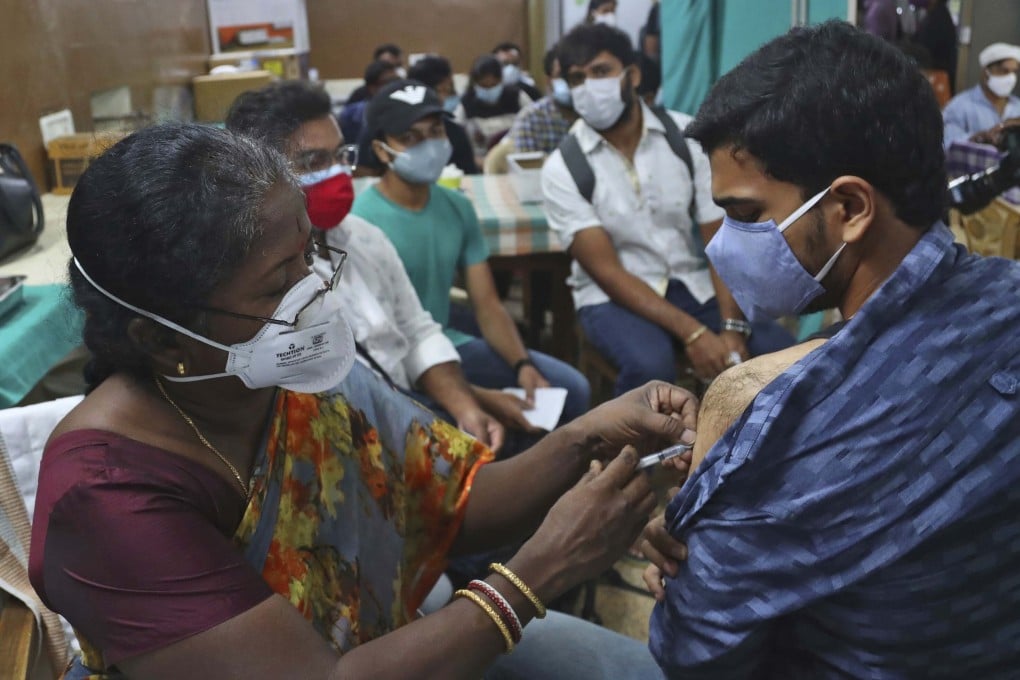Advertisement
Coronavirus: Delta variant fears leave India’s international students struggling to get back to class in the US, Australia
- The world has reacted to India’s deadly second wave of Covid-19 by putting in place a web of regulations, visa delays and travel bans
- Now, as Western universities prepare to restart in-person lectures, many of these students risk being stranded
Reading Time:4 minutes
Why you can trust SCMP
15

Saif Ali Khan is fully vaccinated and all set to start a postgraduate engineering course in the United States – but he’s worried.
The 22-year-old from Aurangabad has received two shots of Covaxin, India’s home-made vaccine, which the Michigan-based university does not recognise as it has not been approved by the World Health Organization nor authorised for use in the US.
Students entering the US must show they tested negative for Covid-19 within 72 hours of departure, but vaccination is not mandatory.
Advertisement
However, some universities want students living on campus to be fully inoculated, leading to growing concerns they will be required to get revaccinated – an issue Indian foreign secretary Harsh Vardhan Shringla reportedly raised with acting US ambassador Daniel Smith earlier this month.
“I am not keen to mix up vaccines because my body may react adversely to it,” Khan said. “I would avoid re-vaccination if the university allows it.”
Khan is one of thousands of young Indians whose plans to study abroad this year have been entangled in a web of regulations, travel bans and delayed visa applications as the world reacts to India’s deadly second wave of coronavirus infections.
Advertisement
Select Voice
Choose your listening speed
Get through articles 2x faster
1.25x
250 WPM
Slow
Average
Fast
1.25x